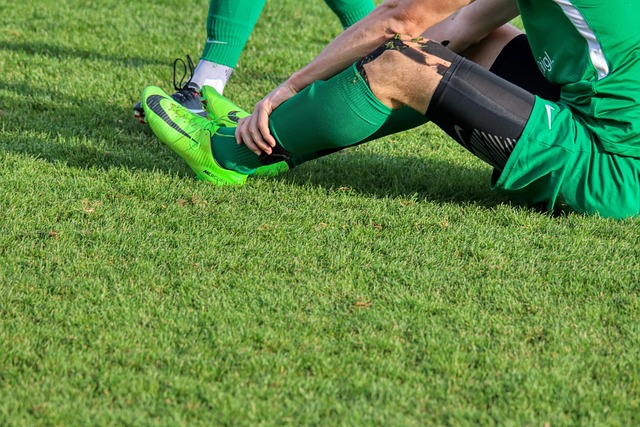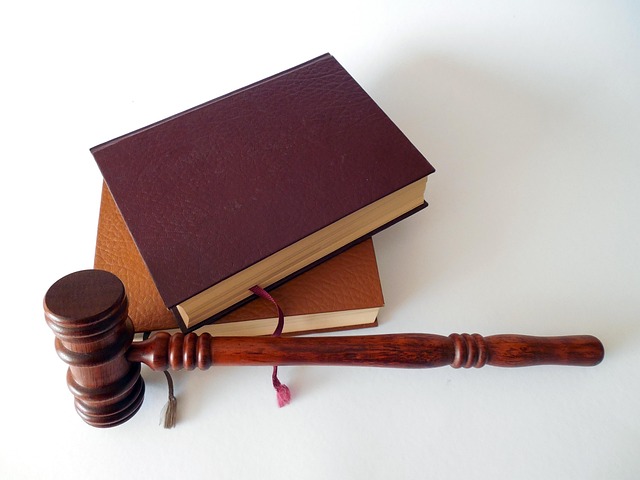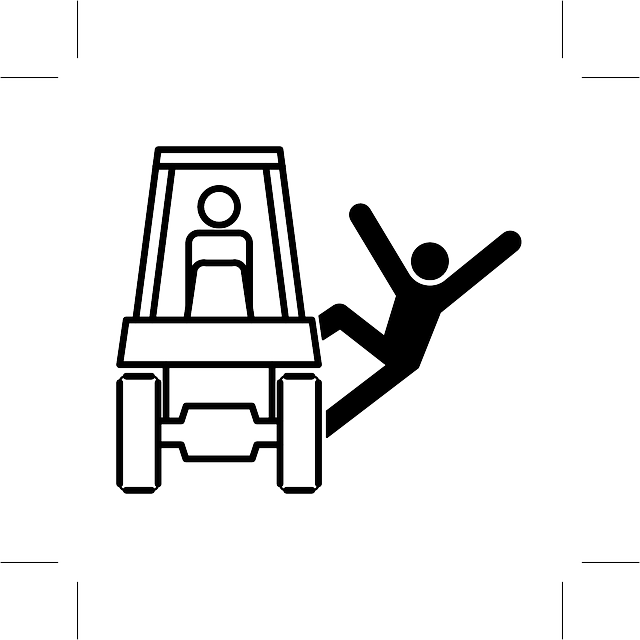Gathering comprehensive medical records, witness statements, photographs, videos, and detailed policy documents is vital for preparing an effective injury settlement negotiation. For complex cases, additional evidence like safety violations or mechanical failures can strengthen your position. Start keeping detailed records of injuries, treatments, lost wages, pain and suffering, and daily life impacts immediately after an accident to ensure a fair accident settlement.
“Navigating an injury settlement negotiation can be complex, but with the right preparation, you can ensure a stronger position and potentially secure a fairer outcome. This comprehensive guide delves into the crucial aspects of getting ready for such discussions. From gathering compelling evidence, including medical records and bills, to understanding your legal rights and options under personal injury laws, each step is essential.
Learn effective strategies for negotiations, enhance your communication skills, and know when to walk away or accept an offer. Equip yourself with the knowledge to make informed decisions during this critical process.”
- Gathering Evidence and Documentation
- – Types of evidence to collect
- – When and how to document your injuries and losses
Gathering Evidence and Documentation

Gathering evidence and documentation is a crucial step in preparing for an injury settlement negotiation. This process involves collecting all relevant information that supports your case. It could include medical records detailing the extent of your injuries, witness statements from bystanders or fellow employees who can corroborate the incident, and any photographs or videos of the scene or your injuries. These documents not only help strengthen your claim but also provide concrete evidence for your lawyer to use during negotiations with insurance companies or opposing parties.
Additionally, understanding your insurance coverage and any existing policies that might be relevant is essential. This includes reviewing your health insurance policies, workers’ compensation benefits (if applicable), and any liability insurance the other party may carry. In case of more complex cases like wrongful death claims or insurance coverage disputes, having a detailed partnership agreement or policy documents can make a significant difference in the negotiation process.
– Types of evidence to collect

When preparing for an injury settlement negotiation, gathering comprehensive evidence is paramount to bolster your case and increase the likelihood of a favorable outcome. This includes documentation that verifies both the extent of your injuries and the circumstances surrounding the incident. For instance, medical records, reports from treating physicians, and imaging scans can provide concrete evidence of physical damages caused by the accident. Additionally, any correspondence with insurance companies, as well as statements from witnesses who observed the event, are invaluable in establishing liability.
In the case of more complex scenarios such as partnership disagreements or wrongful death claims, further considerations come into play. For instance, in a truck accident lawyer scenario, you might need to gather evidence related to safety violations, driver fatigue, or mechanical failures. These details can significantly strengthen your position during negotiations, ensuring you receive fair compensation for the losses and suffering endured.
– When and how to document your injuries and losses

Documenting your injuries and losses is a crucial step in preparing for an injury settlement negotiation. As soon as possible after an accident, start keeping detailed records. This includes logging any medical treatments, visits, prescriptions, and diagnoses. It’s also important to note the extent of your pain and suffering, any lost wages or income, and any other financial losses related to the incident. These records will serve as concrete evidence during negotiations with a car accident lawyer or personal injury claims adjuster.
Additionally, document any impact the injury has had on your daily life. Keep track of any missed workdays, limited mobility, or need for ongoing care. The more comprehensive and organized your documentation is, the stronger your case becomes. This information will be invaluable when presenting your claim to an insurance company or during settlement negotiations. Remember, thorough record-keeping is key to securing a fair accident settlement.
Preparing for an injury settlement negotiation requires thorough documentation and a strategic approach. By gathering relevant evidence, tracking medical records, and calculating losses, you can confidently navigate the negotiation process. Remember, the goal is to present a compelling case that reflects the full extent of your injuries and resulting impact on your life. With the right preparation, you’ll be empowered to secure a fair settlement.






